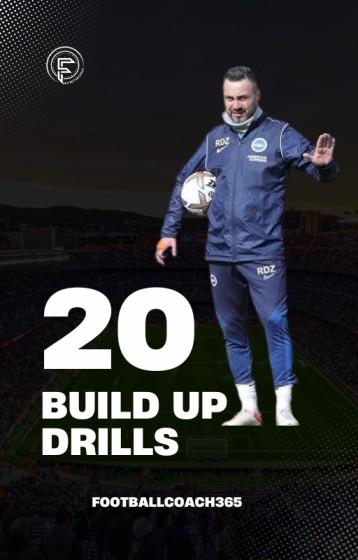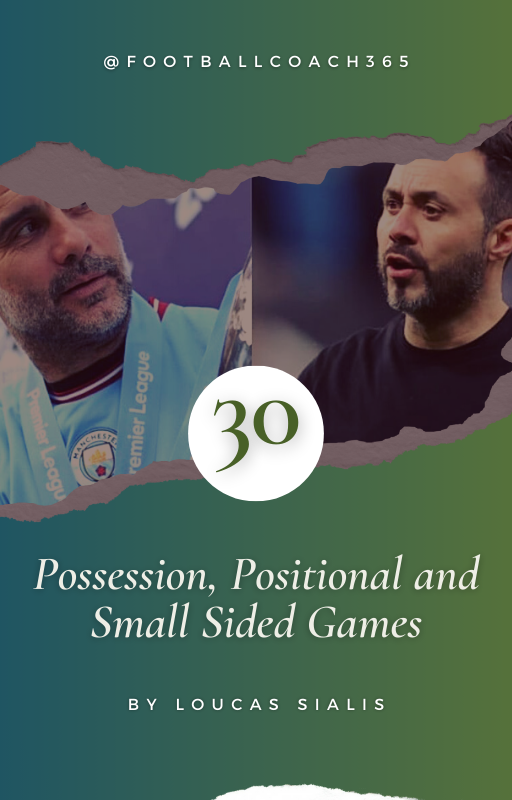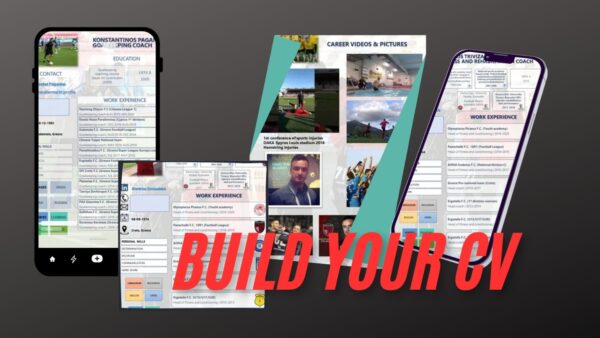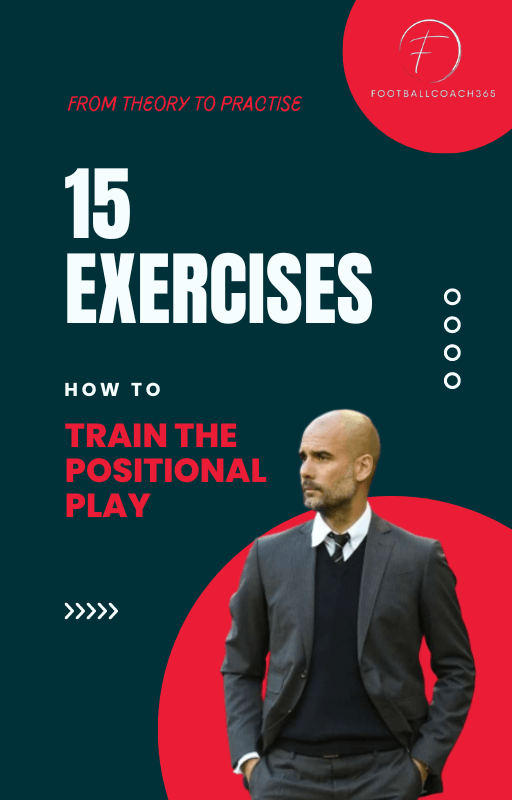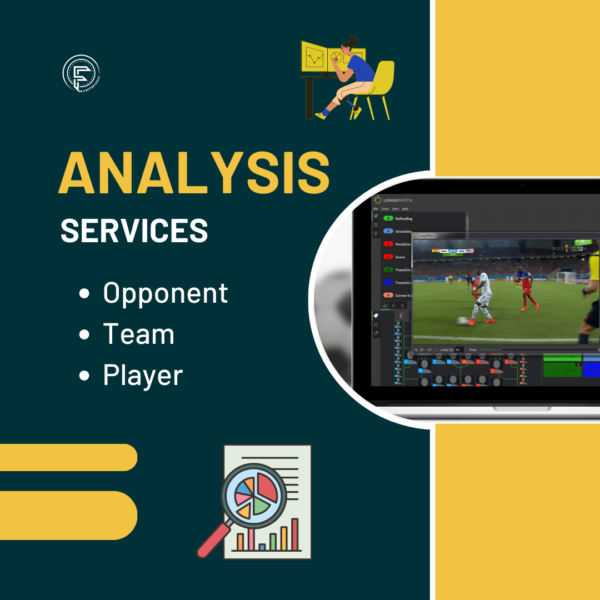Being a youth football coach could be a great and fulfilling career choice for you if you enjoy coaching football and working with young people. Football players between the ages of 6 and 18 must be taught the fundamental techniques and strategy of the game by youth coaches. Additionally, they must organize and schedule training sessions, encourage and correct the athletes, and guarantee their safety and welfare.
Table of Contents
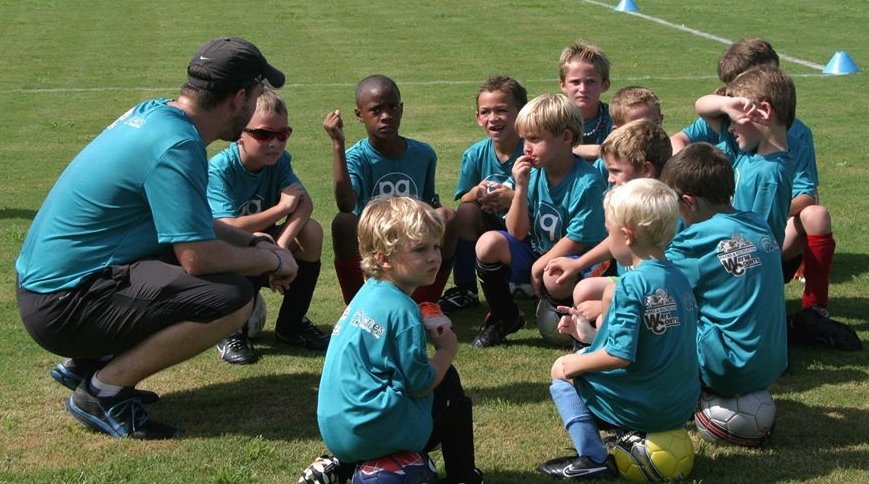
To become a youth football coach, you will need to have some qualifications and experience in the sport. Depending on the level and age group you want to coach, you may need to complete different courses and certifications offered by the Football Association (FA) if you are located in UK or other organizations such as the UEFA licenses if you are located in other European Countries.
For example, in UK to coach children under 11, you will need to have at least an FA Level 1 in Coaching Football qualification, which covers topics such as safeguarding children, first aid, and coaching principles. To coach older or more advanced players, you will need higher-level qualifications, such as FA Level 2 or 3 in Coaching Football. More details you can find in the following sections of the article.
Earn a coaching license with the domestic football association to become a youth football coach
Any person who wants to become a youth coach should start with certification. Almost all official organizations and clubs that work with children require some form of certification or coaching license, though the specific requirements vary from country to country.
Europe
In Europe, in order to be able to coach at a youth level, someone needs to hold at least a UEFA C license. All the countries that belong in the UEFA accept specific degrees. The different levels in coaching licenses are:
UEFA C
- The UEFA C License is a qualification designed for coaches who want to coach young kids. It’s for coaches who are looking to develop their skills in helping the players to improve through practice and competition.
UEFA B
- The UEFA B License has to do with the development of the players in more than the technical aspect of the game. The badge has to do with the ages of 12 – 17. The tactical aspect of the game (individually and collectively) is started to be included and trained.
UEFA A
- The UEFA A License is the highest coaching license and it’s all about building on your technical and tactical skills to be able to manage senior teams in the 11v11 environment.
- This is not mandatory for a coach who wishes to stay in youth coaching.
UEFA Youth Elite
- In many countries, it is a requirement to be an Academy Technical director. The license is fully focused on the individual development of young talents to help them enter the professional level.
UEFA Pro license
- The majority of European countries have it mandatory for a coach to be able to coach in the local first division. The focus is on the management of the team and how to be a football coach leader.
- The UEFA Pro License is the highest professional game coaching course. The course aims to develop highly-skilled and aspiring leaders, managers, and coaches capable of creating sustained success in football.
- Building on the technical and tactical knowledge obtained in the previous licenses, the focus here is on developing winning teams, leadership, and management strategies.
- This is not mandatory for a coach who wishes to stay in youth coaching.
Some countries may have local licenses that allow a person to coach local teams.
UK
For example in the UK coaches obtained other coaching licenses and be able to coach locally.
Here are 5 levels that a coach has to obtain. The core coaching courses consist of:
- FA Level 1 in Coaching Football
- FA Level 2 in Coaching Football
- FA Level 3 (equal to UEFA B) in Coaching Football
- FA Level 4 (equal to UEFA A) in Coaching Football
- FA Level 5 (equal to UEFA Pro) in Coaching Football
There were also youth coaching courses:
- The FA Youth Award Module 3
- FA Youth Award Assessment
- The FA Advanced Youth Award
USA
To coach soccer in the USA for ages 6-18, you will need to obtain a coaching license from the United States Soccer Federation (USSF). The USSF offers several different types of coaching licenses, each with its own requirements and level of certification.
For anyone who wish to coach youth soccer in the USA, the USSF recommends obtaining a Grassroots License:
- 4v4 License (6 – 8 years old)
- 7v7 License (9 – 10 years old)
- 9v9 License (11 – 13 years old)
- 11v11 License (13 – 18 years old)
To obtain a Grassroots License, it’s mandatory to attend an in-person training session, as well as pass an exam. The cost of the course varies depending on the level of certification.
In addition to the Grassroots License, there are other coaching licenses available through the USSF, such as the National D License, which is geared towards coaching players aged 13-18, and the National C License, which is designed for coaching players aged 15 and up. However, these licenses are more advanced and may not be necessary for coaching younger players.

Earn Experience
Additionally to coaching licenses, it would be beneficial to have some prior coaching experience in football, either as an assistant coach or as a player even in an amateur level.
This is a hands-on approach that gives the most in-depth knowledge of the game. Although learning the theory is important, running a youth team will show you first-hand what a coach needs to have in regards to skills and knowledge, and give you a taste of what to expect.
A person can obtain experience by coaching young children (starting from a very young age) or by becoming an assistant coach. By volunteering at nearby clubs, institutions, or community initiatives that provide football coaching chances, you can get this experience. You can also become a member of a network or organization for coaches, which can offer you support, direction, and mentoring from other coaches.
Working under a more experienced coach will allow you to learn the technical and tactical aspects of the game. Also, we should never ignore that is a key point to learning how to properly manage a team and the players.
In some cases, to have the chance to get a hands experience, someone has to become a volunteer youth football coach.
Continue reading, studying, and developing skills
If you want to become a youth football coach, it’s important to develop essential skills that allow you to be efficient, including communication, leadership, and team-building skills. Also, it is important to have good knowledge of football (tactics and technical analysis) and its rules and regulations.
One way to develop these skills is to have personally played the game of football at any level. If you didn’t have that experience, consider joining a local football team to gain real experience playing the game. You can also attend football games or training to study them to extend your knowledge and to increase your network.
The study of the game to always learn the new trends is essential. Football is a living organization that is constantly changing and evolving, thus any coach who wants to stay in the game must never stop reading.
To become a good youth coach you need to learn to train the basics. The kids need to understand core individual and collective football principles. Read the article “The 8 most important benefits of using Rondos” to learn one of the most important training tools of a youth coach, the Rondos.
Check below book and online resources for further information and material.
-
20 Build up Drills
7,99 € -
30 Possession, Positional and Small Sided Games
9,99 € -
Build Your Football CV
70,00 € -
Coaching and Mentoring
25,00 € -
Coaching Books Bundle
Original price was: 26,97 €.17,99 €Current price is: 17,99 €. -
Design Effective Weekly Microcycles for U13 – U16 Youth Football teams
9,99 € -
How to Train Positional Play – 15 Exercises from Theory to practice
7,99 € -
Positional Play in Modern Football: How to Use Guardiola’s Attractive Way
9,99 € -
Team and Opponent Analysis
120,00 € – 300,00 €
Here is a table with some necessary personality skills:
Coaches Skills
| Communication | Leadership |
| Teaching | Positivity |
| Patience | Deermination |
| Ability to learn | Trustworthy |
| Ability to motivate | Passionate |
| Organizational skills | Enthusiasm |
Conclusion
Coaching kids football may be a difficult but it’s a fulfilling career choice. You will have the chance to share your love of the game to kids and assist in the growth of their abilities, self-confidence, and character. Additionally, you’ll have to manage a variety of personalities, cope with pressure and expectations, and balance your personal and professional lives. However, if you are dedicated, enthusiastic, and persistent, you can significantly impact the lives of numerous young football players.
The steps to becoming a youth football coach are very simple but it needs lots of work and study. It is a job (a role) that requires lots of hours on and off the pitch which sometimes is very tedious. Someone has to love football, the coaching but most important the chider and the teaching to become a successful youth football coach.
You could start your career as an assistant coach first before moving on. Volunteering at an academy as a coach is another way to start. This will help you to build experience without so much pressure on you.
The more experience you get, the better your team performs and you will be able to see the results in front of you. The players will develop skills that will make you proud. Success starts with you!

